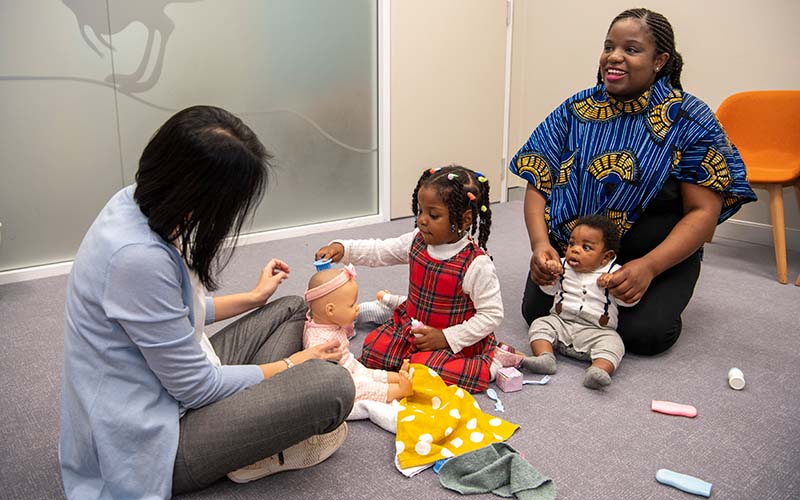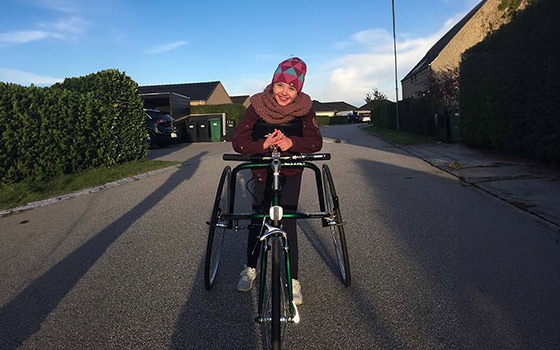Search

The Kids' autism research takes place at CliniKids, a centre that integrates world-class research with a clinical service for children with developmental delay and/or autism and their families.
Research
Targeting the mucosal immune system in a pregnant mouse model to prevent experimental allergic airways disease in the offspringStudies in Europe show exposure of pregnant women to high levels of microbial products stimulate immune function maturation in their offspring
Research
The cellular effects of estrogen on allergic asthmaThe study aims to identify the mechanism for this so that this knowledge can be used to better treat asthma and allergies in both males and females.
Research
Mechanisms of IgE sensitizationThis project investigates how cells of the immune system respond to substances to cause allergies to help develop new treatments.

We aim to ensure that high quality outcome measures are available to evaluate treatments and services for children with disability rigorously. We aim to translate our research into resources to support families, carers and clinicians.

AuStralian Collaboration to Enhance Neuro-Development
Our Child Physical Activity, Health and Development team focuses on improving children’s physical activity levels, health and development. We work to uncover the best environments, policies and programs to facilitate physically active lifestyles for lifelong health and wellbeing.
Staff Vincent Mancini – Senior Research Officer Yi-Huey Lim – Research Officer Juliet Brook – Research Assistant Karina Prentice – Research Assistant

Simple Science Communicating our research Towards better research translation and community impact What is Simple Science? Our Simple Science series

News & Events
Back to school anxiety in little kidsNew year, new teachers, new classroom, new peers- it's no wonder that plenty of little kids (and parents) feel nervous as the first day of school approaches.
